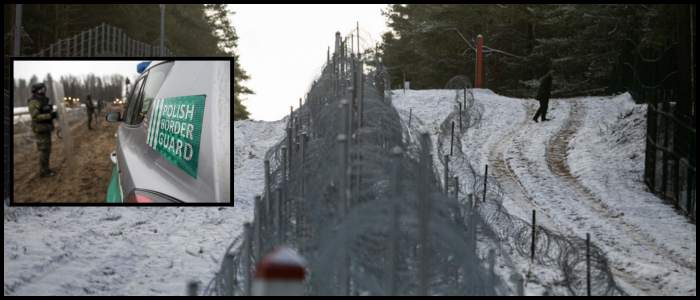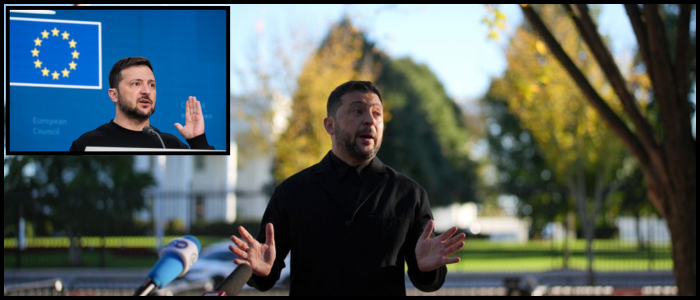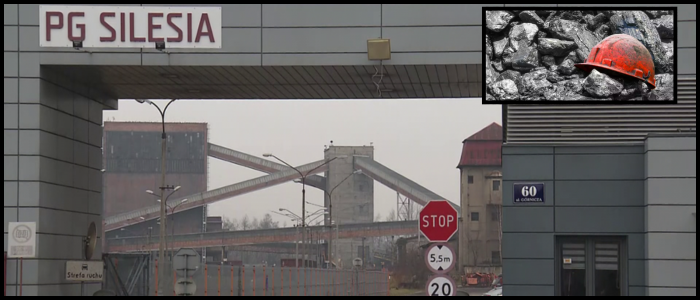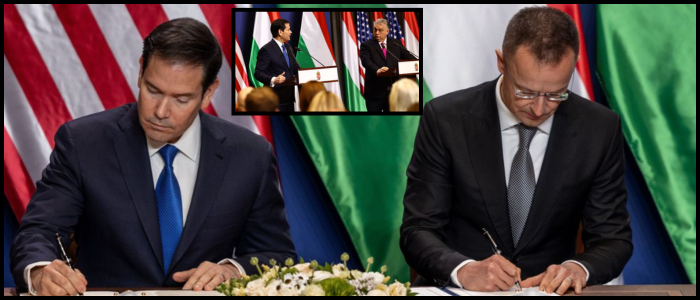Even as sanctions and strategies to curtail revenue, Russia still reaps billions of dollars in revenue from its fossil fuel exports, much of it in Western countries. And these gains have helped finance its continued invasion of Ukraine, which began a fourth year this week. The aid Ukraine has received from its allies pales beside the enormous proceeds Russia has taken in from oil and gas exports since 2022.
RussiaFossil Fuel Earnings Surpass Western Aid to Ukraine
Russia has made more than €883bn ($973bn; £740bn) from selling fossil fuels since the invasion began in February 2022. Some €228 billion of that was from countries imposing sanctions. The EU's member countries paid €209 billion, two-thirds of these revenues.
The US and UK stopped imports of Russian oil and gas, and the EU limited its intake of seaborne crude, but imports of gas have continued. Pipeline gas from Russia was still flowing into Hungary and Slovakia, and Russian crude was still entering those countries, as of January 2025. According to reports, shipments of Russian natural gas to Europe through Turkey were 26.77 percent higher in early 2025 than in the previous year.
While the sanctions had been anticipated to depress Russia’s earnings, in 2024, the year following invasion, fossil fuel earnings were down just 5 per cent and export volume by 6 per cent. Crude oil income, in particular, grew by 6%, and gas revenues by 9% last year. Exports of gas to Europe grew by as much as 20%, and deliveries of liquefied natural gas (LNG) reached a record high, with half of Russian LNG still headed for the EU.
Western policy-makers have been reluctant to issue tougher sanctions because they fear economic repercussions. Some EU nations fear stronger actions could further inflame the conflict or lead to higher energy prices. LNG is not part of the EUs latest round of sanctions but the bloc wants to cut Russian gas entirely by the end of 2027.
Russia Skirts Sanctions with Loopholes and Limited Enforcement
One of the main problems that allow Russia to continue to sell its fuel to the West is the “refining loophole.” Russian crude oil is refined in third countries such as India and Turkey and resold as fuel products. Six refineries — three in each country — have processed €6.1 billion worth of Russian crude into fuel for sanctioning countries.
This is legal, but it blunts the sanctions’ effect. Commentators claim that Western governments know about this loophole, but do not do much to shut the loophole. Stronger enforcement of the likes of the G7's oil price cap have also been demanded because the measure is not working.
And political shifts might undermine enforcement
The US administration's recent shake-up may potentially weaken the influence of major agencies like the Treasury Department and OFAC that are tasked with sanctions compliance.
Action to prevent Russia from turning to a “shadow fleet” of tankers to circumvent restrictions has been more successful. That involves frequent updates to sanctions lists, new ships, shell companies and traders being targeted. This has been assisted by recent sanctions imposed in January 2025 by the outgoing US administration.
Experts and activists say banning Russian LNG imports — and closing the refining loophole — could help. Since Russian gas accounted for just 5% of the EU’s liquefied natural gas consumption in 2024, the impact on EU consumers should be minimal.
Support for Ukraine in the Face of Energy Dependence
Some experts have rejected the notion that depressing world oil prices — say, through OPEC action — would bring the conflict to a close. They say this would hurt the American shale industry more than Russia, which has production costs below many OPEC members. They also note that Saudi Arabia is not likely to accept such plans, given that previous moves have caused friction with the US.
What is currently unfolding is an anomaly: the West aids Ukraine but continues funding the aggressor by purchasing Russian fuel. This Janus-like stance is problematic in both moral and strategic terms. By relying on fossil fuels, the West maintains its vulnerability to market forces and authoritarian decisions.
PREV NEWS
NEXT NEWS







BY Nikodem Baran

BY Iwo Mazur

BY Iwo Mazur

BY Oskar Malec

BY Oskar Malec
Uwielbiamy pliki cookie — zarówno te jadalne, jak i cyfrowe, które ulepszają Twoje wrażenia z przeglądania. Pomagają nam one udoskonalać funkcjonalność naszej witryny i Twoje ogólne wrażenia. Podstawowe i funkcjonalne pliki cookie są niezbędne do prawidłowego działania witryny i nie można ich wyłączyć. Ponadto używamy plików cookie w celu optymalizacji wydajności („komfort”) i wyświetlania spersonalizowanych reklam („marketing”), na co potrzebujemy Twojej zgody. Kliknij „Zezwól na wszystkie”, aby wyrazić zgodę na przetwarzanie danych. Uwielbiamy pliki cookie — zarówno te jadalne, jak i cyfrowe, które ulepszają Twoje wrażenia z przeglądania. Pomagają nam one udoskonalać funkcjonalność naszej witryny i Twoje ogólne wrażenia z przeglądania. Podstawowe i funkcjonalne pliki cookie są niezbędne do prawidłowego działania witryny i nie można ich wyłączyć. Ponadto używamy plików cookie w celu optymalizacji wydajności („komfort”) i wyświetlania spersonalizowanych reklam („marketing”), na co potrzebujemy Twojej zgody. Kliknij „Zezwól na wszystkie”, aby wyrazić zgodę na przetwarzanie danych.
Twoja zgoda obowiązuje również na mocy art. 49 (1) (a) RODO, co oznacza, że Twoje dane mogą być tymczasowo przetwarzane poza EOG, w tym w USA. W takich przypadkach wysokie europejskie standardy ochrony danych mogą nie być w pełni zagwarantowane, a władze USA mogą uzyskać dostęp do Twoich danych bez skutecznego środka prawnego. Możesz wycofać swoją zgodę w dowolnym momencie.
PrywatnośćWarunki korzystania z serwisu
Możesz zarządzać swoimi preferencjami dotyczącymi plików cookie lub wycofać zgodę w dowolnym momencie za pośrednictwem naszych ustawień plików cookie. Aby uzyskać więcej informacji, zapoznaj się z naszą Polityką prywatności.